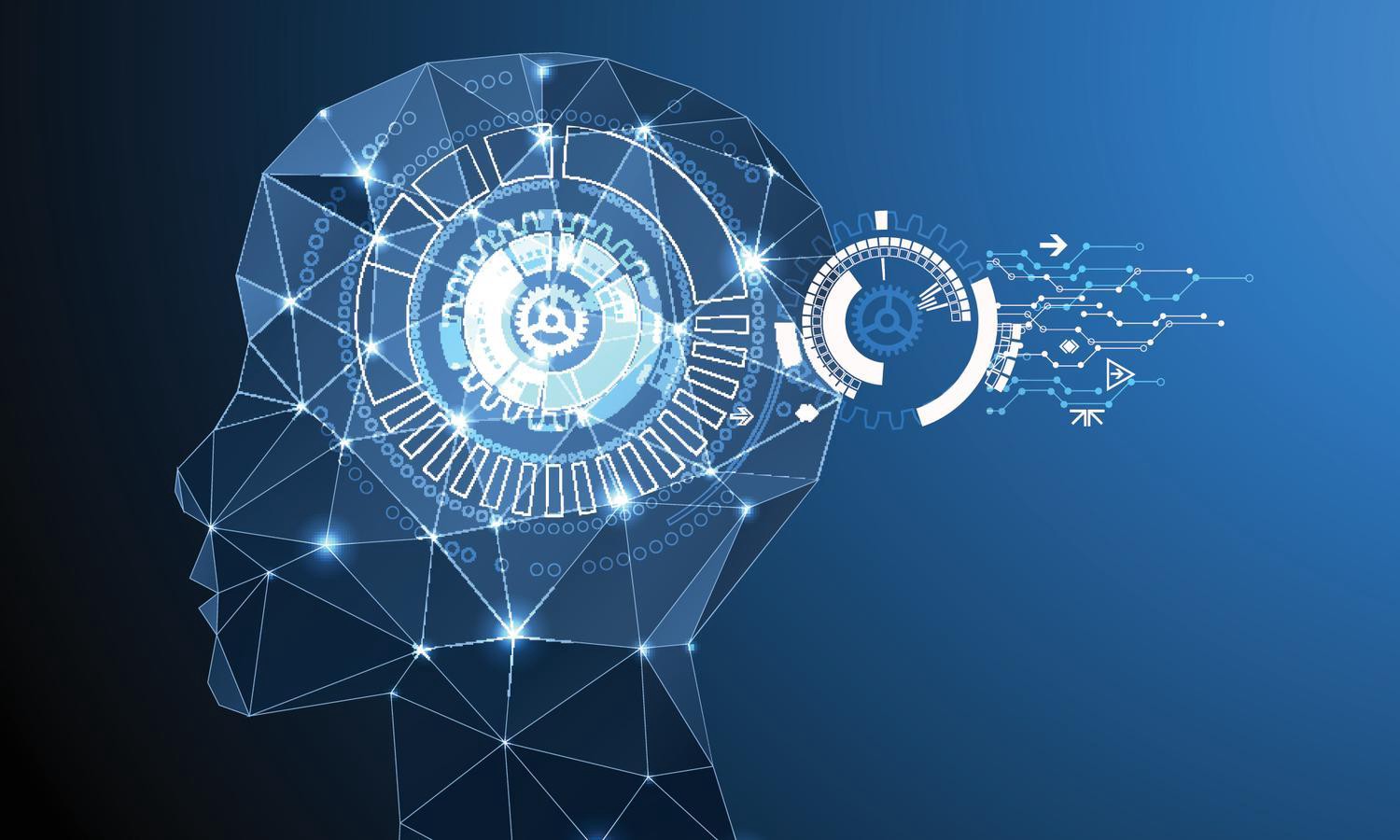
The use of artificial intelligence in the field of cybercrime
Artificial intelligence is a technology that is supposed to bring a plus to the it business.
Not only in terms of information processing, but also in terms of the stability of computer software that will be created to meet the growing needs of consumers. This is clearly the major innovation in the field. At the cybersecurity level, the use of artificial intelligence to strengthen the solutions used to detect and combat computer threats is practically considered. But it's not just cybersecurity that is considering the practical use of this technology. Hackers also use it to develop their malware. And the result is more than frightening. The goal of course it is successful to soak the protection applications using artificial intelligence itself.
This article will also interest you: Artificial intelligence benefits IT departments more in business
Faced with this evolution of cybercrime and the effective use of artificial intelligence in the development of malware, the usual approach to cybersecurity is not enough. Indeed, if not if we should rely on the usual method of relying solely on the bases of malware signatures, we will quickly realize that this is just a waste of time from now on. The new threats are simply much more sophisticated dangerous. This is why computer security specialists now use artificial intelligence and other machine learning technologies to best enhance the detection capacity of their solutions. In this context, artificial intelligence and machine learning make it easier to perform certain tasks that are usually repetitive is ineffective direct human intervention. This facilitates not only detection, but also the prevention and destruction of computer threats. On the cybercriminal side, efforts are also being made to successfully counter its actions of security specialists. As a result, we are seeing some threats that are essentially based on artificial intelligence and that give specialists a hard time.
– The use of malicious charge behind applications: this is a common case. Hackers are increasingly creating malware that is capable of posing as legitimate applications. This makes it easy for them to easily circumvent antivirus protections. This is possible through the use of artificial intelligence. Cyber criminals will simply hide malicious codes in a normal application. Codes that will only activate a few months after being installed on the user's terminal. Apart from that, it is possible for cyber criminals to divert an application from its primary or initial use. As a result, with the controlled use of artificial intelligence, they can directly attack features preinstalled on their target's smartphone or computer. Ways to easily take authentication systems backwards. This was the case with Apple's Face ID, which was hacked by cyber criminals for a long time.
– system and computer network attacks: attacking the computer networks or the information systems of companies becomes even easier when this technology is directly attached to it. "Cybercriminals also use artificial intelligence technologies to run malware that can spread autonomously across a system or network until they find a specific target. To increase the likelihood of success of these attacks, they primarily target uncorrected security vulnerabilities. If, however, the AI-based malicious charge faces an already patched vulnerability, it is able to adapt immediately to try to compromise the system by other means. Sophisticated methods that seriously complicate the task of security officials. described Jerome Cartegini, AN IT journalist.
– Deepfake: this technique is also called hypertrucage. It consists, with the use of artificial intelligence has created voices or synthetic images. Creations that are more and more elaborate so as to be able to deceive in usurping the identity of real people. In 2019, the boss of a British company is extremely concerned that is the sum of 220,000 euros following a call made on the basis of a deepfake. The hackers managed to imitate the voice of the head of the parent company. And the consequences were extortion.
Now access an unlimited number of passwords:
